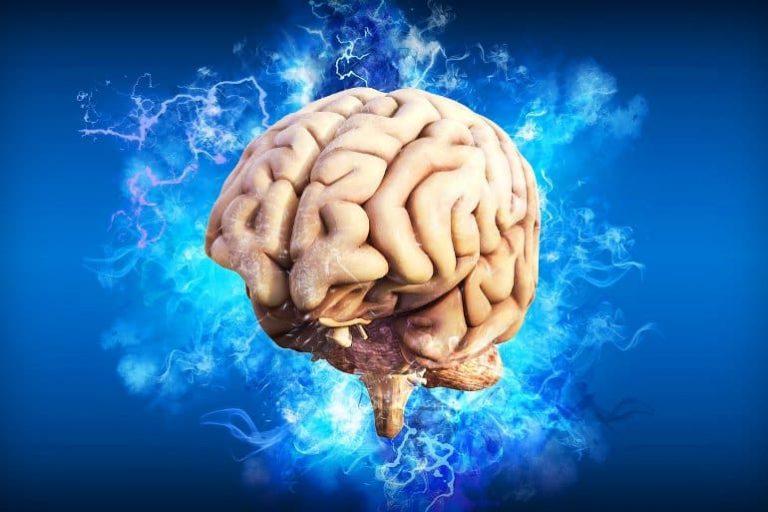Study delves into little-known bleeding disorder – Neuroscience News
Summary: Although purging may be a hallmark of bulimia nervosa, a new study reports that another type of eating disorder may also be responsible for purging behaviors. Source: Ohio University Although purging is often a condition associated with bulimia nervosa, new research at Ohio University suggests that another type of eating disorder may also be…








